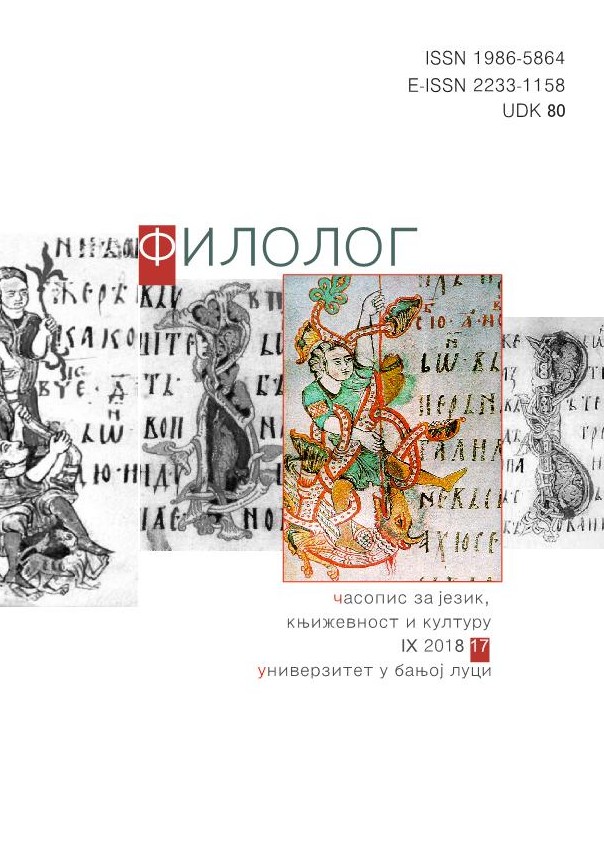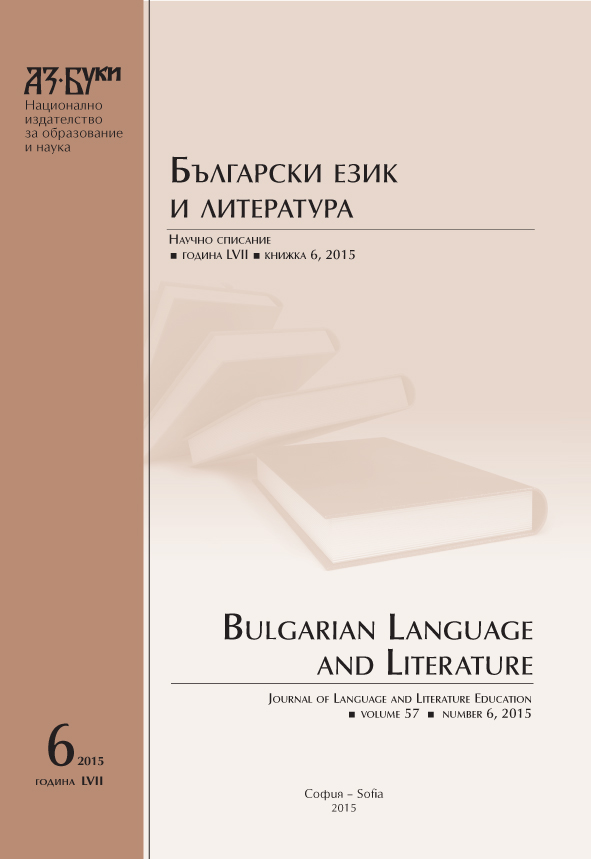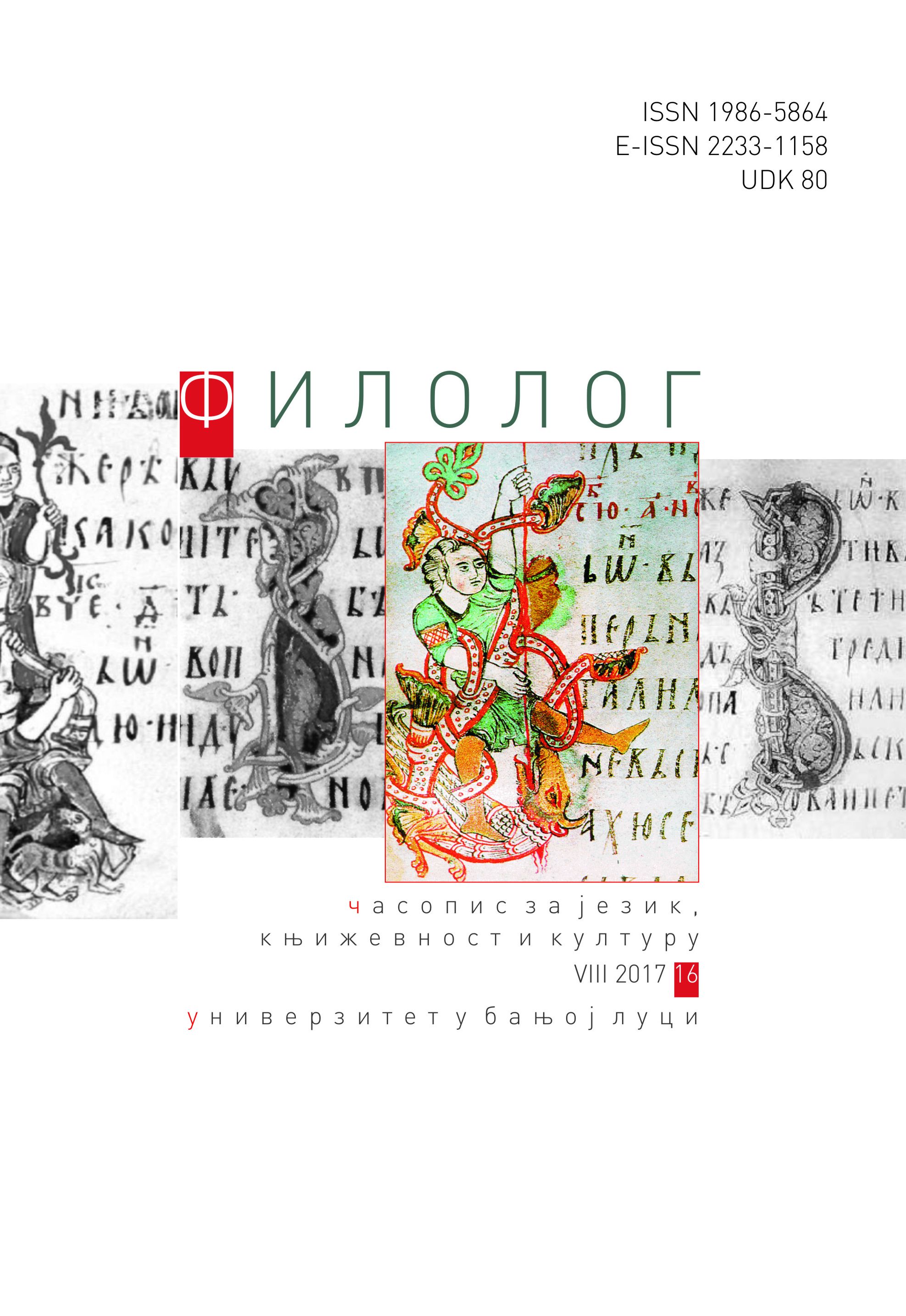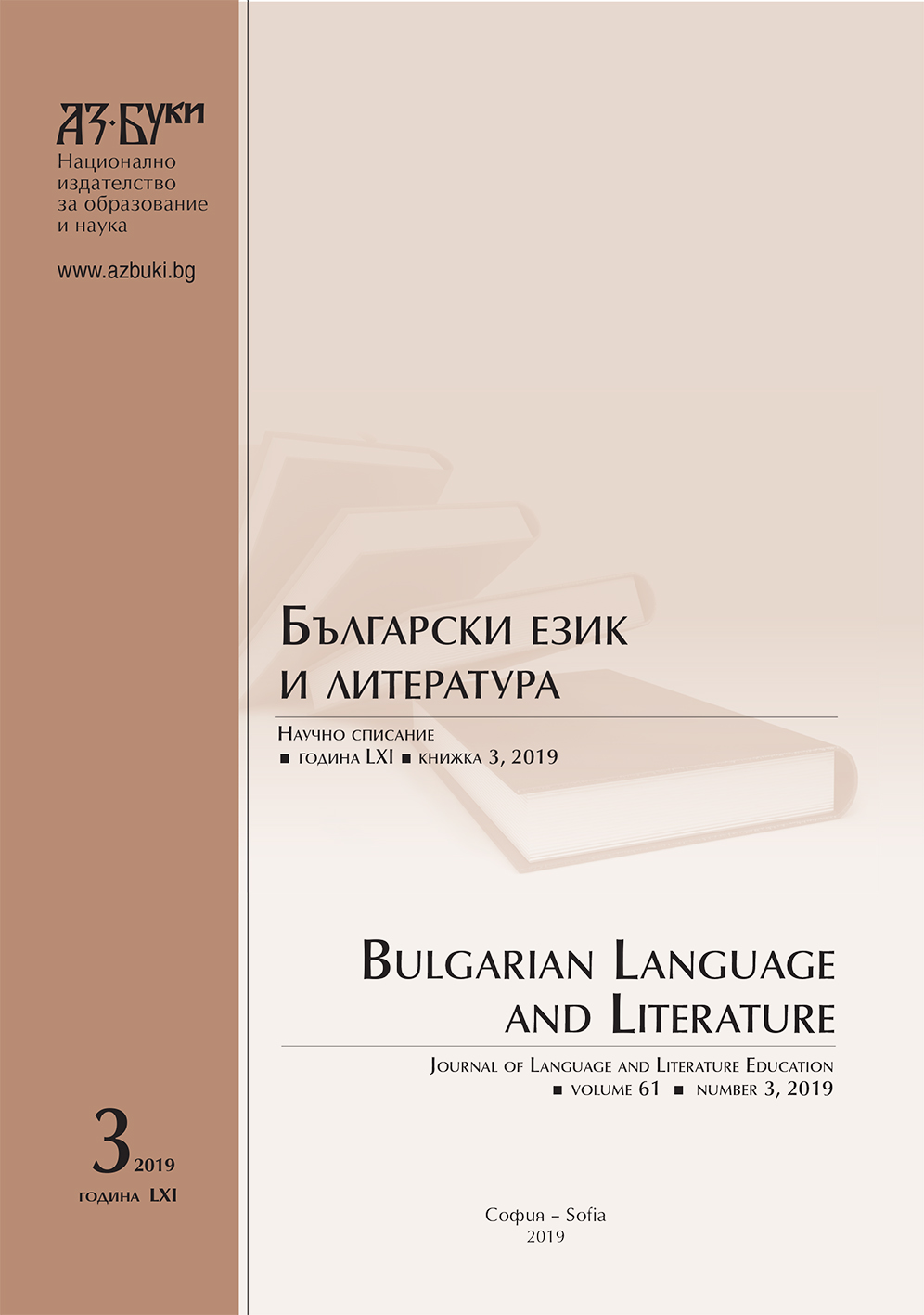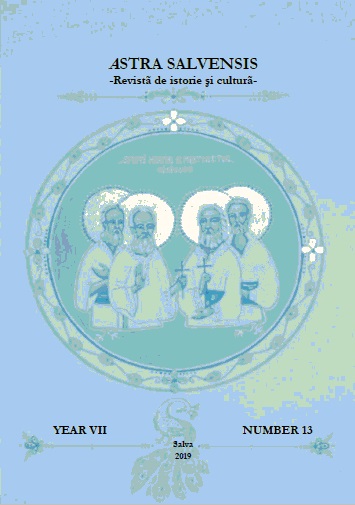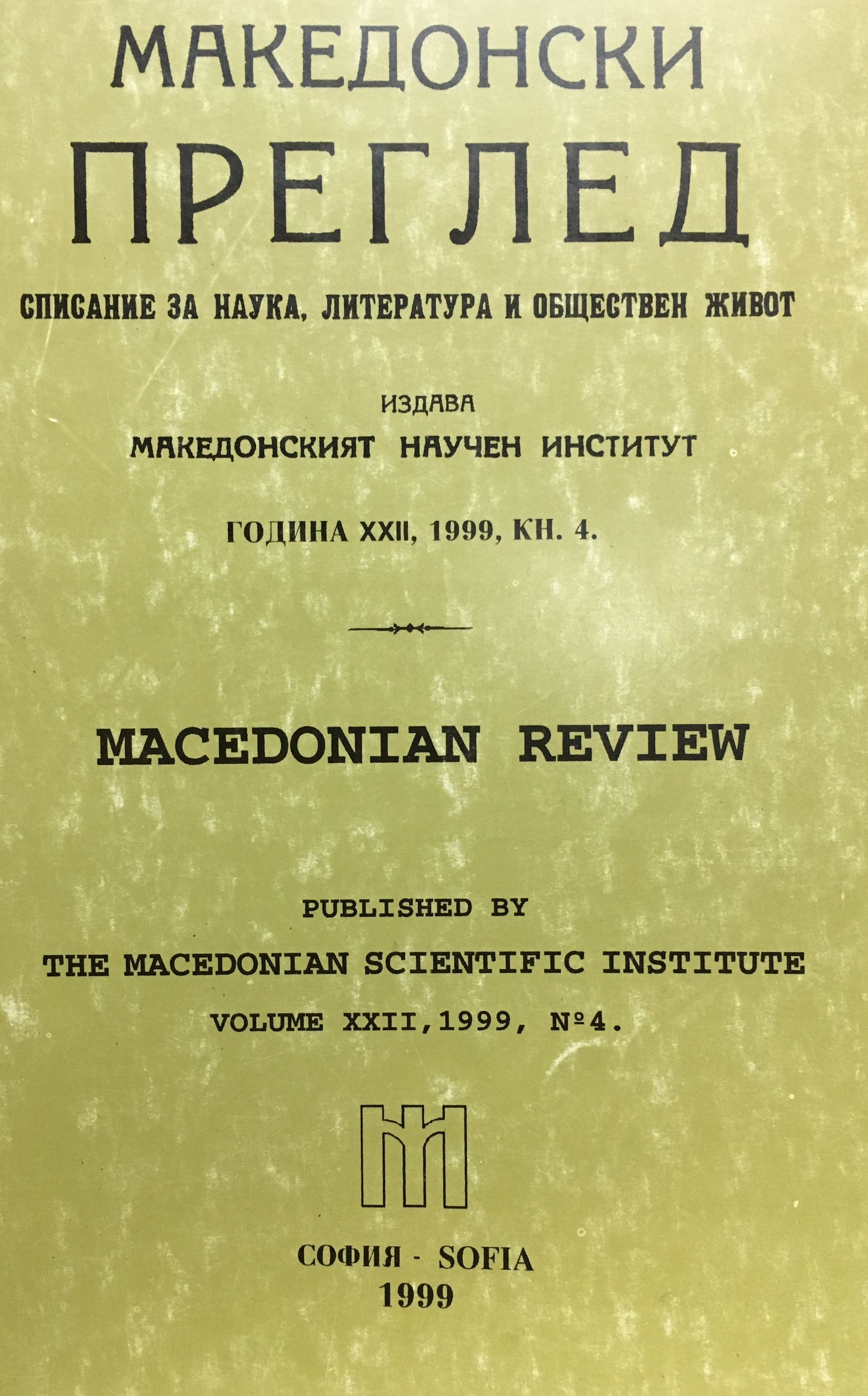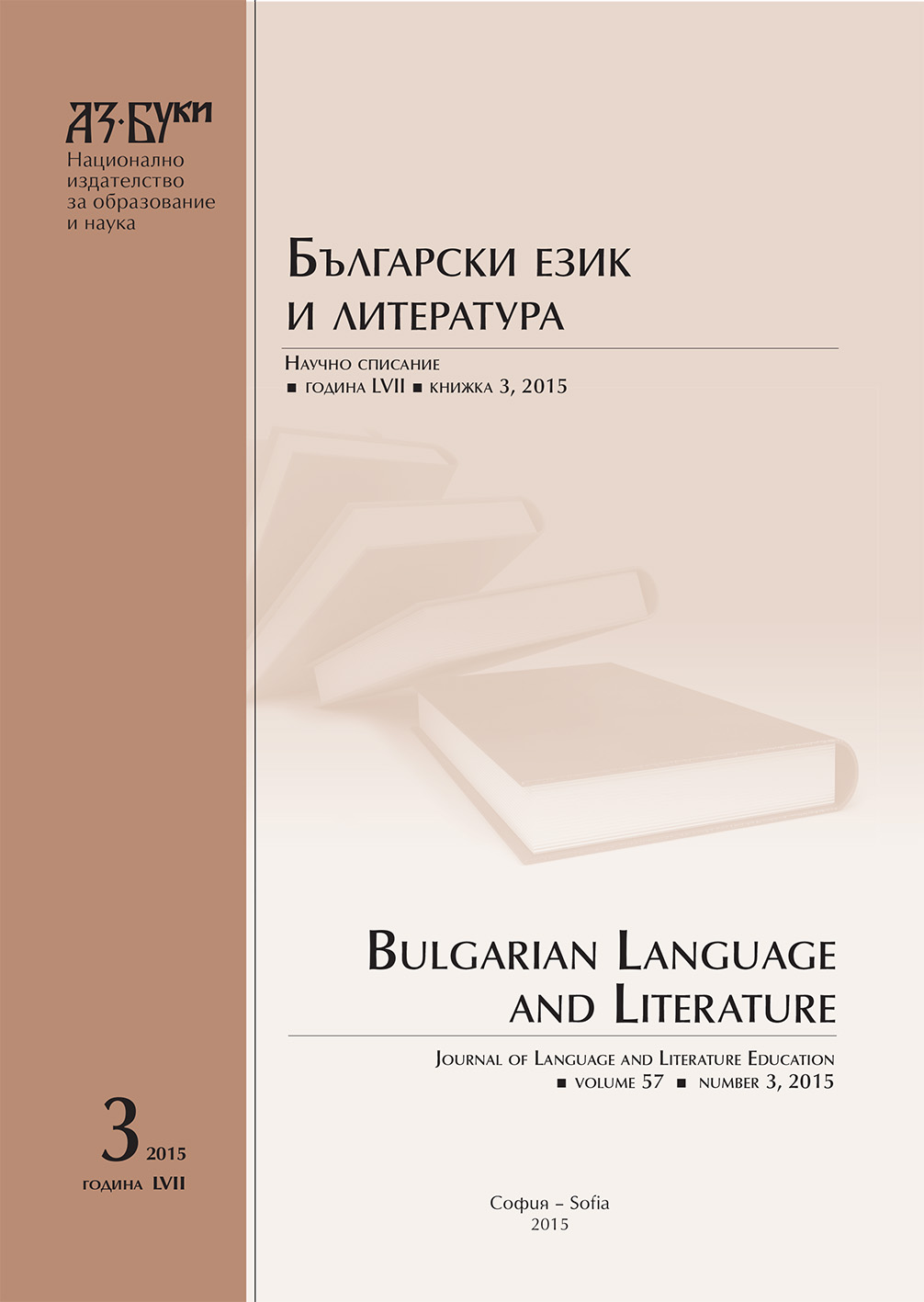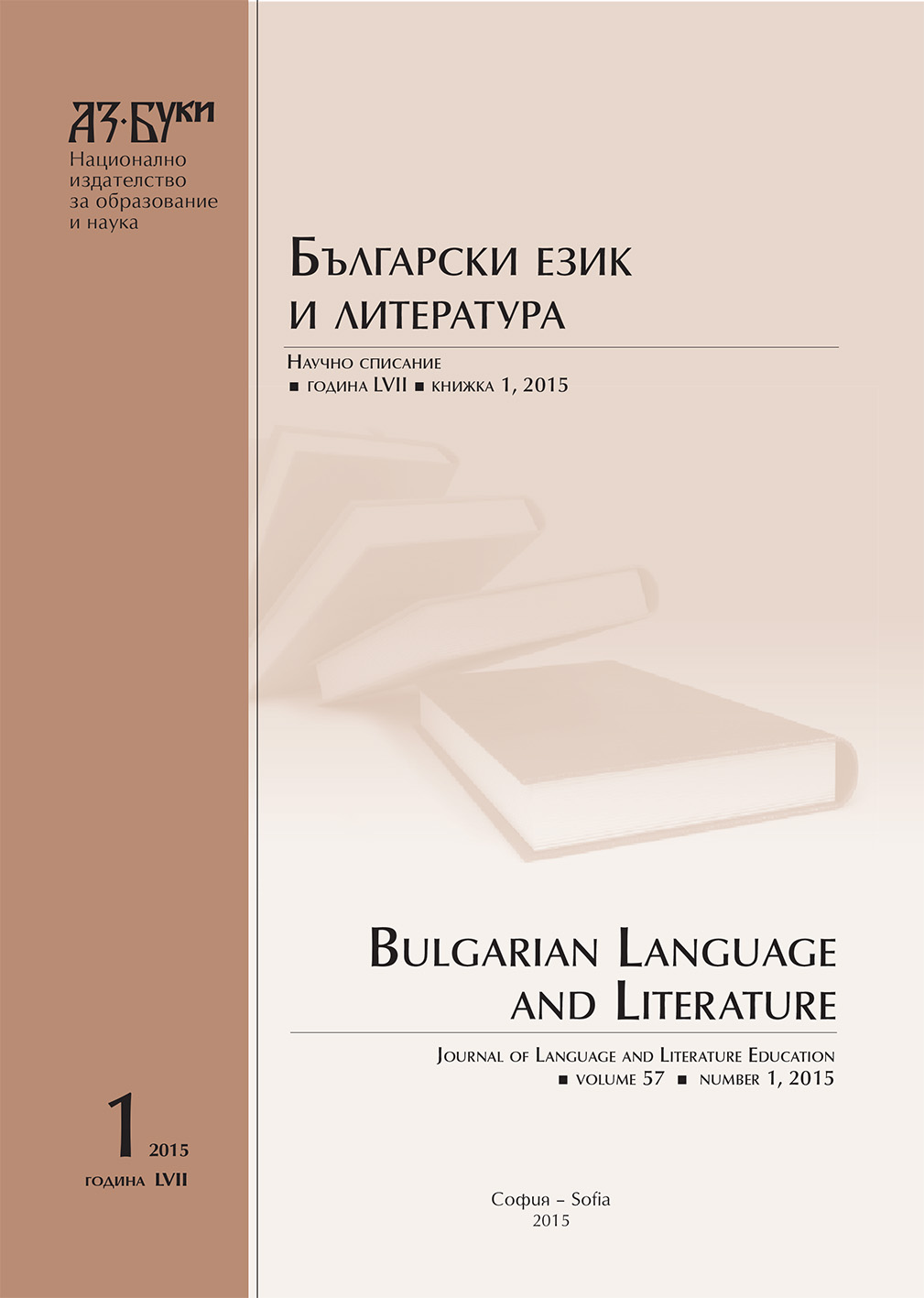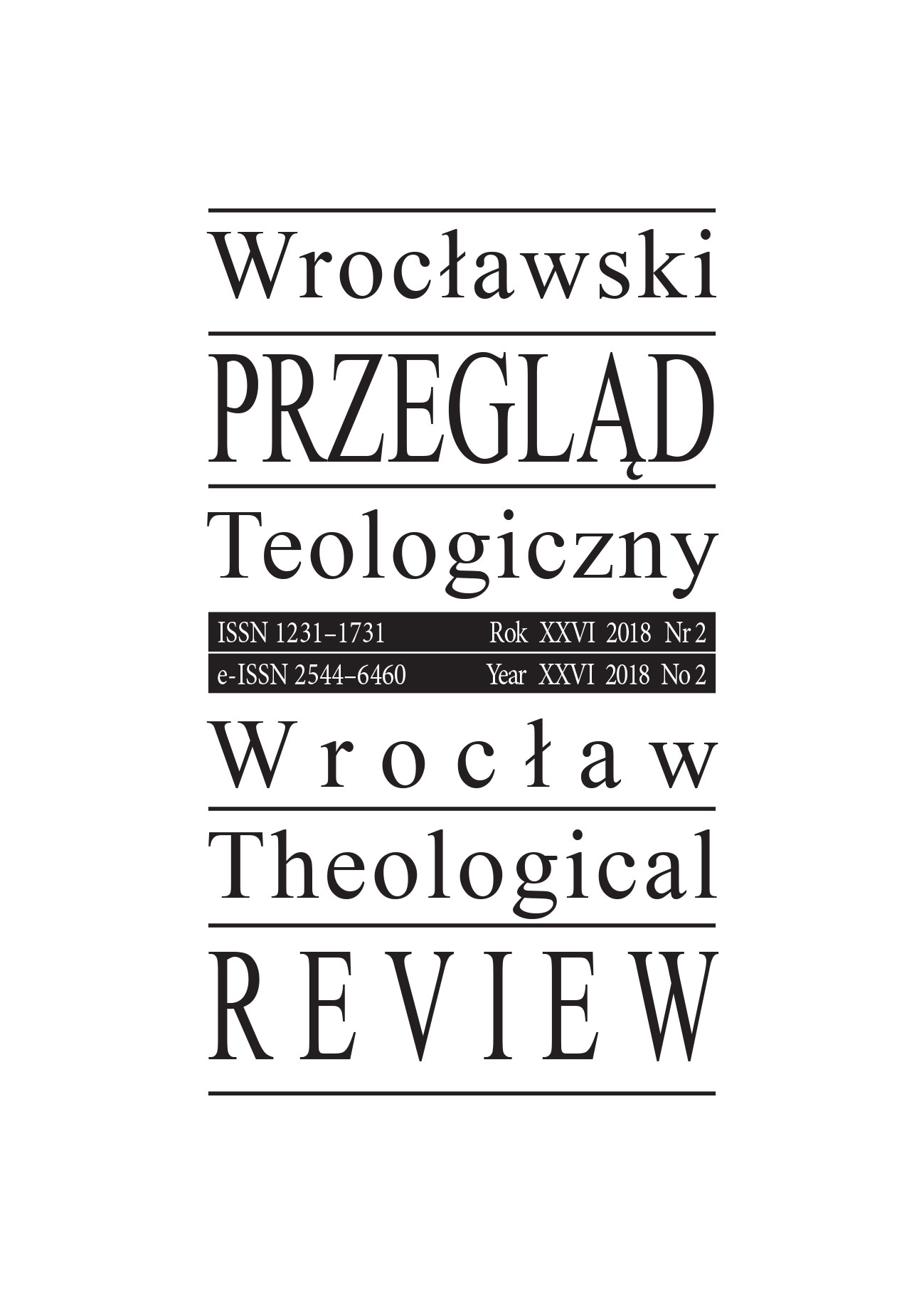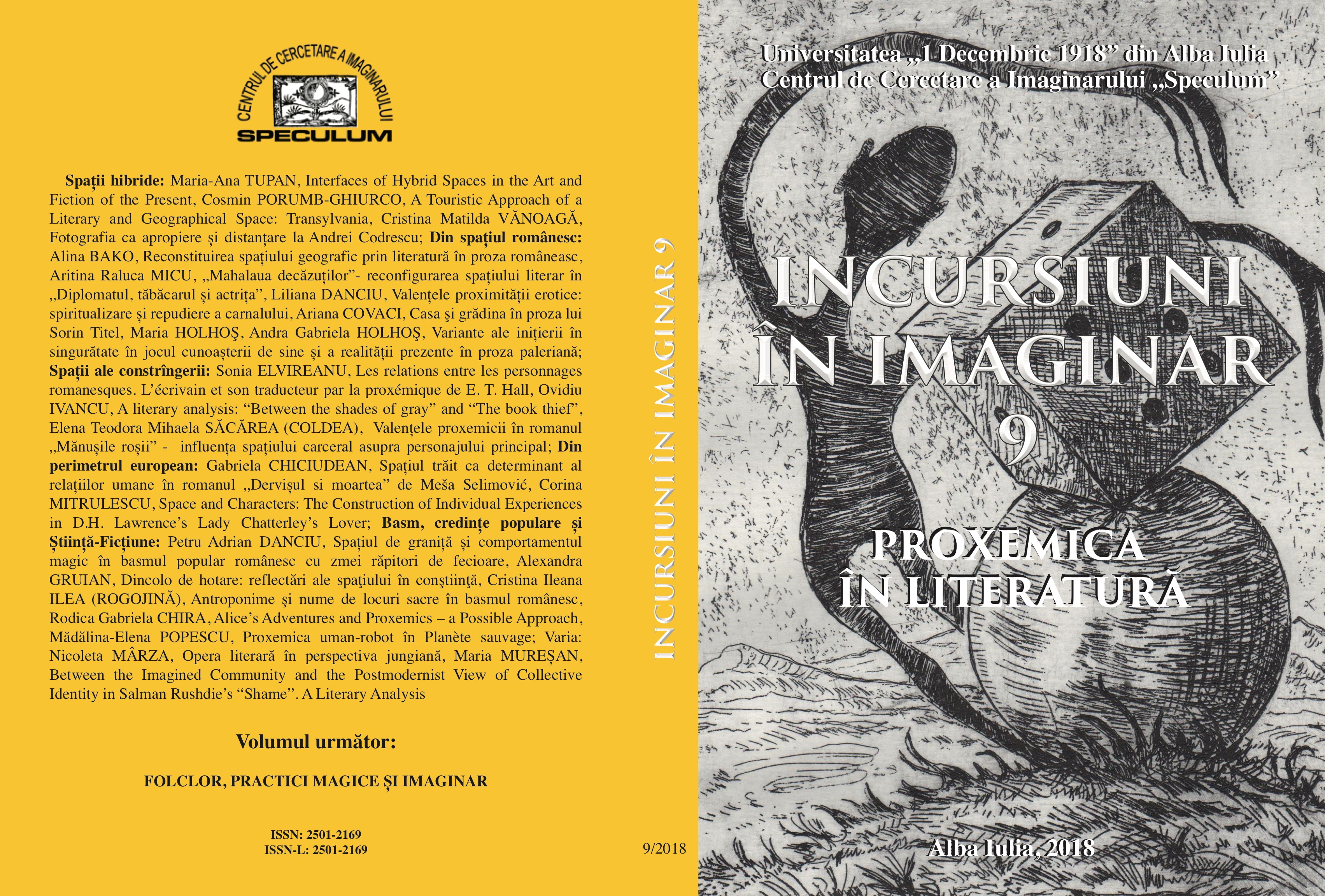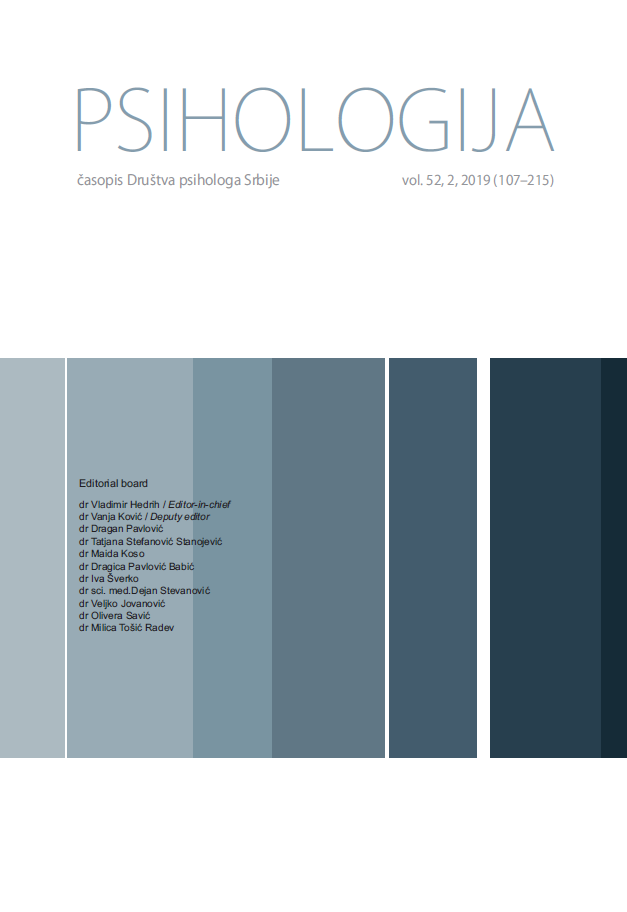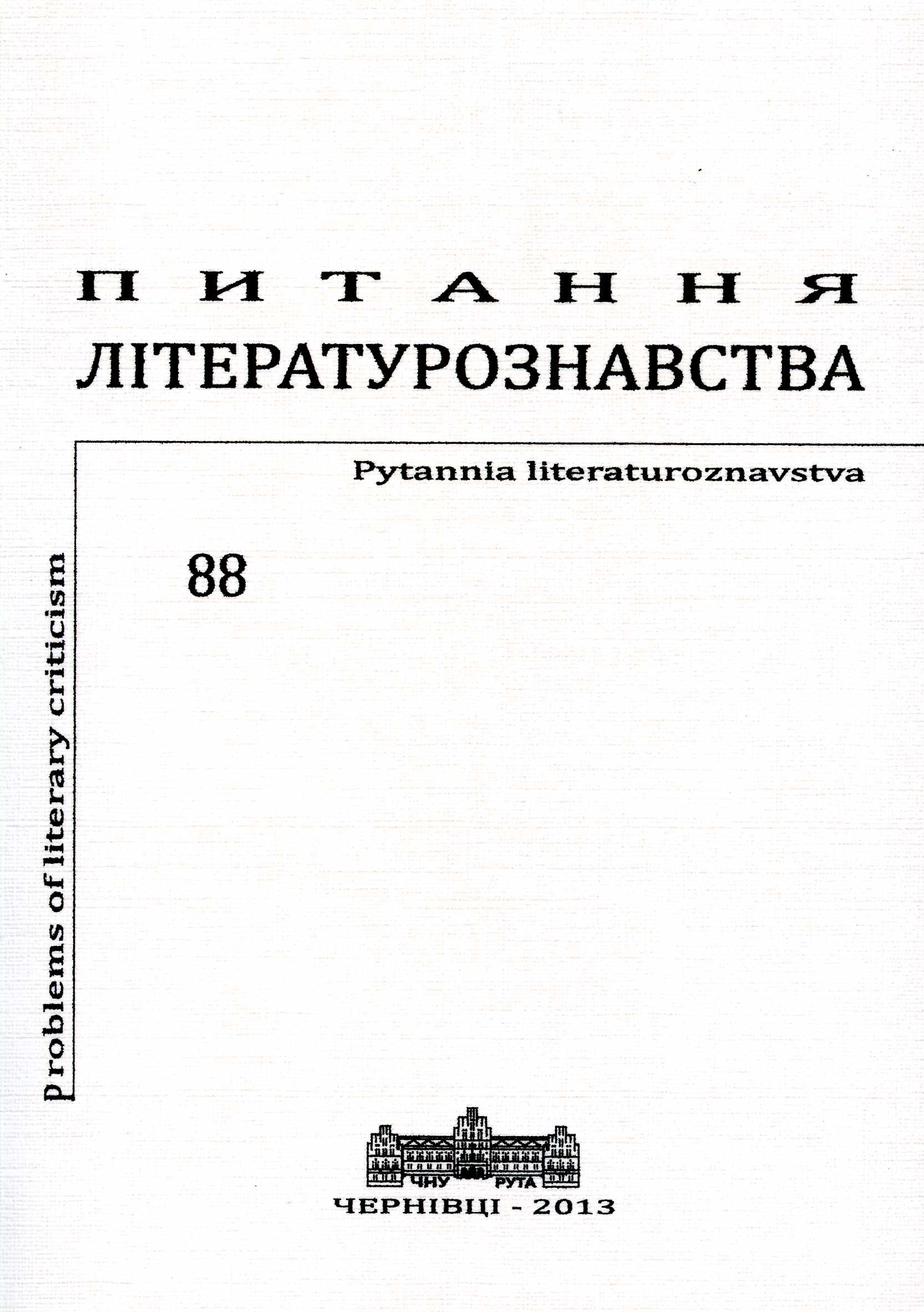
Засоби та прийоми пародіювання
A parody as a genre is characterized by only its inherent laws of construction and creation, the purpose of this article is to investigate the most popular parody implements and techniques that are used by Ukrainian authors very often. The object and purpose of parody, artistic tastes and writer’s skill determine parodist selection of specific tools and techniques.The parody text analysis is used in this article, the descriptive method is used in unfamiliar texts and the brightest parody examples are introduced in the scientific revolution. Also the functional approach is used the problem of understanding the text.The accent is on the fact that the parody applies the work facilities, which is parodied. Parodist mimics the style of prototext, altering it so that it is recognizable, but ridiculed. As a rule the most characteristic elements of the style are taken – a favorite method, propensity to a particular functional style, desirable usage of lexical items, syntactic structures etc. To achieve the goal parodist can use a lower object style of parody, to introduce new material into the text of the original works.The benefits of this study lies in the fact that for the first time the most popular methods and Ukrainian parodist are described. Consequently the most popular implements and techniques of Ukrainian authors are hyperbola, grotesque, metaphor, absurdity, alogizm, quotations, phonetic (alliteration, assonance, voice parallelism), syntactic (repetition, refrain, gradation), morphological facilities and receptions etc.
More...
